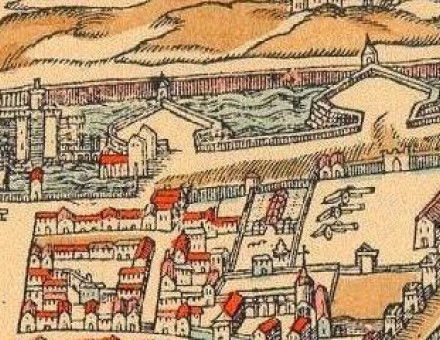The Enqueteurs: Louis IX’s Messengers
Margaret Wade Labarge describes how, in 1247, having resolved to set out on a crusade, the pious King of France organized a new body of officials to help him put the affairs of his realm in order by investigating any complaints against himself or those who served him.



